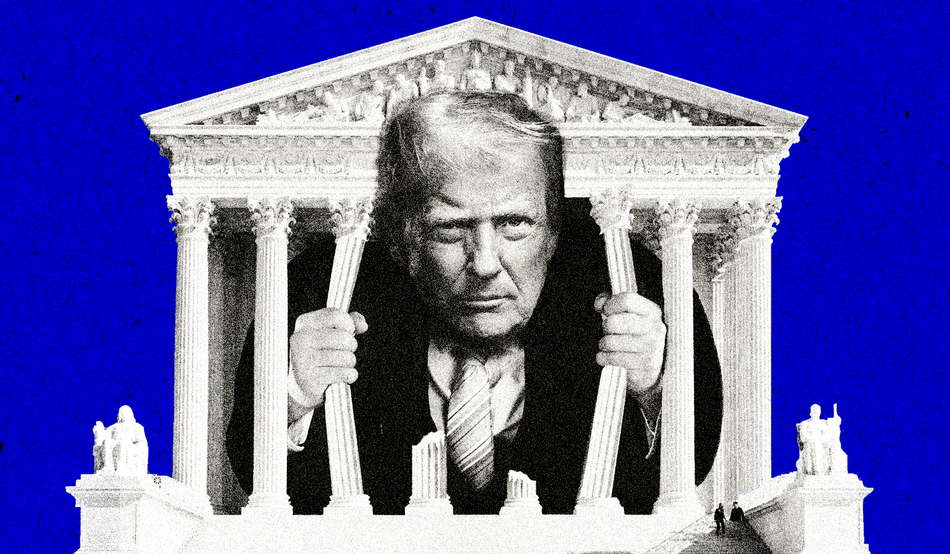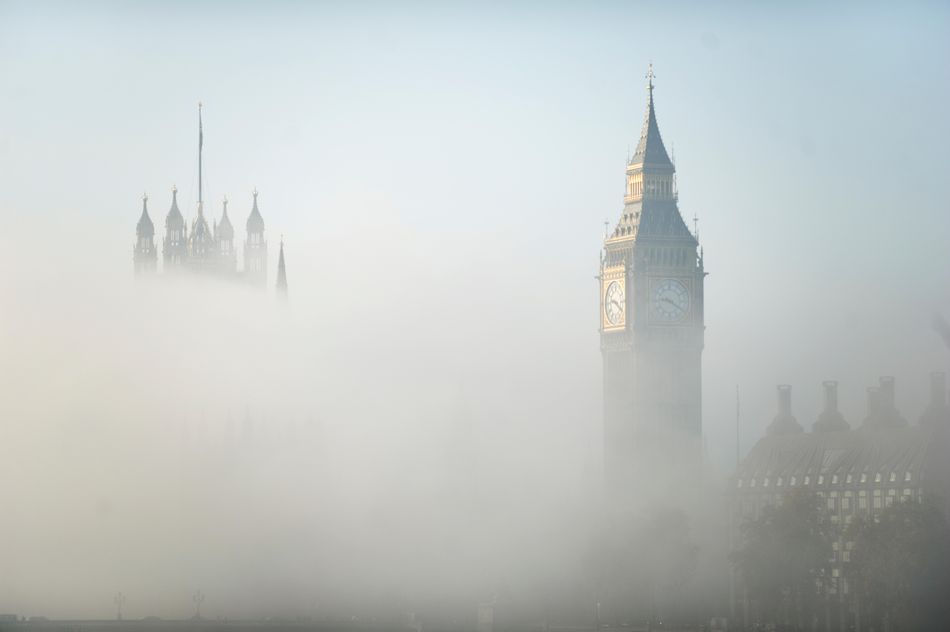In the United States an elected member of the House of Representatives still cannot take her seat because the Speaker refuses to swear her in. Adelita Grijalva was elected in Arizona on 23rd September 2025. Now, over a month later, she still has not formally taken her seat.
Over at the Supreme Court, important cases are being increasingly decided not by hearings in open court followed by reasoned opinions. Instead they being determined by the so-called shadow docket. In the words of the Brennan Center for Justice, “[s]hadow docket cases usually involve limited briefing, no oral argument, and rulings with little or no analysis of the Court’s reasoning”.
And at the White House, President Donald Trump is now routinely using executive orders which usurp the constitutional role of Congress and directing the National Guard and Immigration and Customs Enforcement (ICE) as his own private army and police force. In the courts, there are mounting examples of the Department of Justice providing false information to courts.
All these misuses of power are happening, and more, notwithstanding the codified constitution of the United States with its careful scheme of checks and balances. Indeed, often those abusing power are relying on their constitutional rights while denying the constitutional rights of others.
As such, it is not as if the constitution of the United States has fallen away but that it is used as a one-way valve: rights for me but not for thee. In essence, the constitution is being gamed. It is being operated so as to entrench and expand executive power.
It is widely held by observers that the reason why Grijalva is not being allowed to take her seat is that her vote will be decisive for the release of the Epstein files. Yet the effect of this delay is not only to deny Arizona an elected representative but that the House of Representatives continues to not be in session. The current government shutdown is coupled with congressional shutdown.
The reason that the conservative majority of the Supreme Court are using the shadow docket is set out by an opinion of the three liberal justices: “Our emergency docket should never be used, as it has been this year, to permit what our own precedent bars. Still more, it should not be used, as it also has been, to transfer government authority from Congress to the President, and thus to reshape the Nation’s separation of powers.”
The common feature of this gaming of the constitution is that power is being exercised without accountability. The lower house of Congress cannot perform any of its functions during this stand-off. The lower federal courts face having their decisions stayed with no reasoned argument or judgments.
There is cynicism where constitutionalism should be. While bad faith actors can rely on their own official powers, they are preventing the proper operation of checks and balances. That there is a “written” codified constitution makes absolutely no difference. Constitutional form makes no difference when those with power can act unconstitutionally and simply get away with it.
This leaves us with a problem that is more easily stated than solved. There appears nothing that can be done in the short-term. Litigation can be threatened so that rights can be asserted, but such legal claims face being delayed and blocked in the courts.
One can seek to wait out the current crop of politicians until the mid-terms in November 2026, in which seats in the entire House of Representatives and a third of the Senate are up for election, but those elections in turn are being gamed by the gerrymandering of congressional districts. Some fear no meaningful elections will be held at all.
Or one can wait for the hubris of those currently with power to meet its eventual nemesis. The problem here is that some of those with power, such as deputy White House chief of staff Stephen Miller, have taken lessons learned the hard way in Trump’s first administration and are ensuring that what they are doing will not be easily reversed.
Furthermore, the packing of the federal benches by Trump-appointed judges over two presidential terms will take a political generation to address, even if the Democrats do return to power. The problems are fixed and now deeply set.
Of course, things can change. The “No Kings” demonstrations show that there is popular opposition to what Trump and his supporters are doing in power. And unfolding events may reduce or eliminate the capacities of those misusing their powers.
Trump and his supporters, however, feel they are there to stay. The president even now posts AI videos that depict him defecating from high on the American people, just because he can. He also is directing American forces to target boats in international waters, killing those on board, with no legal basis—again, because he can. He is remaking the White House in his own image, both metaphorically and—with his gaudy ball room extension—physically.
The United States is now breaking in many ways, including constitutionally. Such fractures are still capable of remedy or even reversal. But the constitutional problems do not seem to have any immediate constitutional solutions. The mechanisms within the constitution to check and balance abuses are useless.
The constitution can now only be protected and saved from the outside. Other than by fortuitous events, what has gone constitutionally astray requires help through decisive political action that is permitted to take effect. If Americans genuinely want “no kings” they have a hard struggle ahead.














